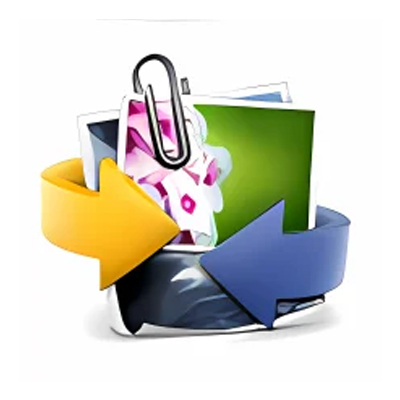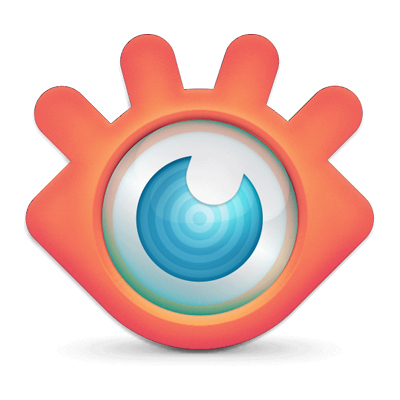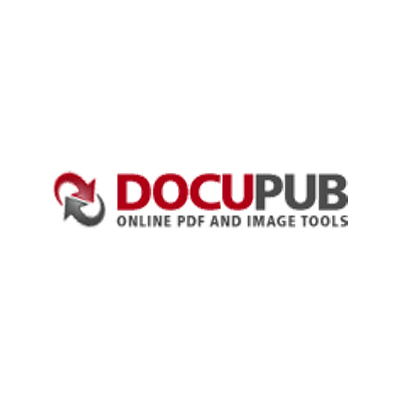Are you looking to convert your PSD files to JPEG? Our website offers a wide range of converters that can help you achieve this task quickly and efficiently. Why would you want to convert PSD files to JPEG? JPEG files are one of the most commonly used image file formats on the web. They are compressed, which means they take up less storage space and are faster to upload and download. JPEG files also offer a good balance between file size and image quality, making them ideal for sharing images online. On the other hand, PSD files are commonly used in graphic design and editing software like Photoshop. They are uncompressed and offer higher image quality, but they can take up a lot of storage space. By converting your PSD files to JPEG, you can make them more accessible and easier to share with others. Whether you're a professional graphic designer or a casual user, our converters can assist you in converting your PSD files to JPEG quickly and conveniently.















A PSD file is a popular file format used in graphic design and web development. PSD stands for Photoshop Document, which is the default file extension used by Adobe Photoshop to save and store images with multiple layers. Unlike other common image file formats like JPEG or PNG, PSD files allow you to preserve all the layers, effects, and adjustments made to an image during the design process. This is particularly useful for designers who want to retain the ability to edit and make changes to various elements of the image later on. PSD files are widely used in creating web designs, logos, banners, and other graphical elements that require flexibility and customization.
JPEG files are a popular format for storing and compressing digital images. They are widely used in photography and on the internet due to their ability to reduce the file size without significantly impacting the image quality. JPEG files use a lossy compression algorithm, which means that some amount of data is discarded during compression to reduce the file size. This compression can result in a loss of image detail and quality, particularly when the compression level is high. However, JPEG files provide a good balance between image quality and file size, making them ideal for sharing and displaying images online. They are compatible with almost all image editing and viewing software, and can be easily opened, edited, and saved in various applications.